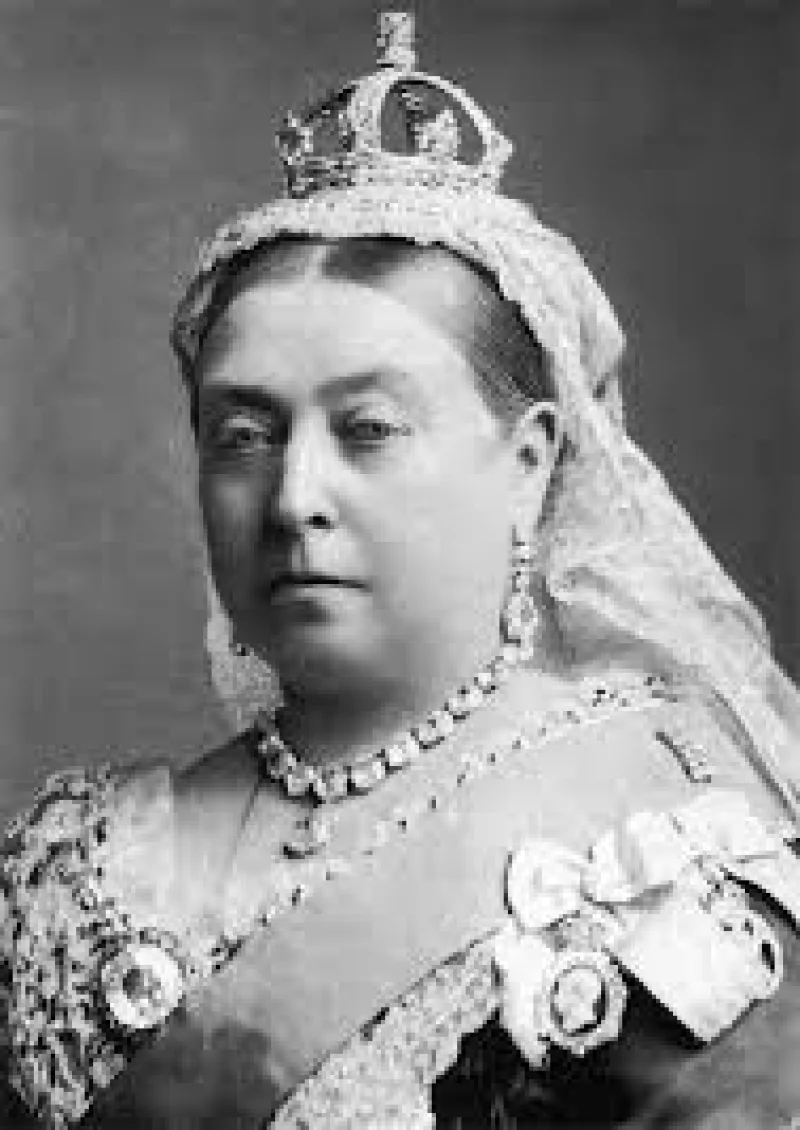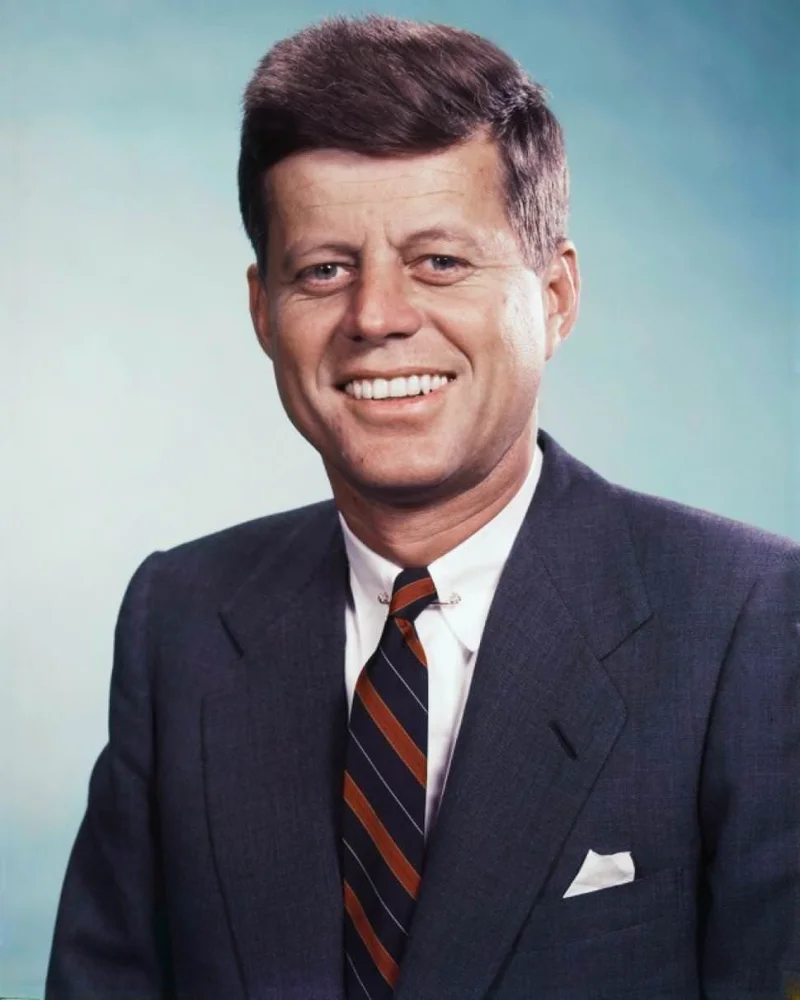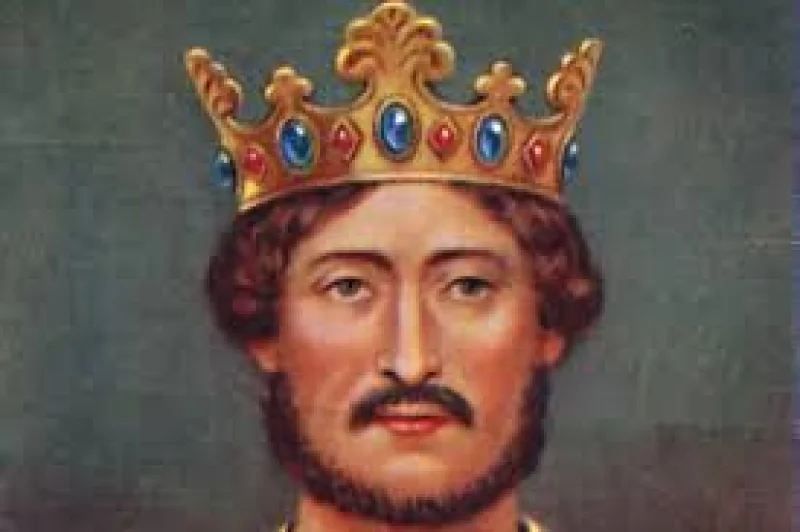Short Summary
Queen Victoria was the monarch of the United Kingdom from 1837 to 1901, a period known as the Victorian Era. Her reign was marked by industrial, cultural, political, scientific, and military change in the United Kingdom, and by expansion of the British Empire. Victoria became an icon of propriety and national pride, symbolizing the British Empire at its height. Her long reign saw significant societal changes and she became one of the most famous and influential figures in British history.
Early Life & Education
Victoria was born on May 24, 1819, at Kensington Palace in London, to Prince Edward, Duke of Kent and Strathearn, and Princess Victoria of Saxe-Coburg-Saalfeld. She was christened Alexandrina Victoria and was fifth in line to the throne. Her father died when she was just eight months old, and her childhood was sheltered under the "Kensington System," devised by her mother and her comptroller, Sir John Conroy. Victoria was educated privately, receiving lessons in languages, history, geography, and the arts, and was prepared for her future role as sovereign under the guidance of her governess, Baroness Lehzen.
Career Highlights
Victoria ascended to the throne on June 20, 1837, following the death of her uncle, King William IV. Her marriage to Prince Albert of Saxe-Coburg and Gotha in 1840 was a key partnership, fostering a family-oriented image of the monarchy. Under her reign, the British Empire expanded significantly, and the Industrial Revolution reached its peak, transforming the economy and society. Victoria played a constitutional role, with significant influence over foreign policy and the appointment of prime ministers, navigating through political changes and challenges, including the Great Famine in Ireland and the Crimean War.
Major Achievements
- Expanded the British Empire, making it the largest empire in history.
- Presided over the Great Exhibition of 1851, showcasing industrial advancements.
- Influenced the passing of key social reforms, including the Factory Acts.
- Maintained a constitutional monarchy that balanced power between the monarch and the parliament.
- Set a standard for Victorian morality and family values.
Famous Quotes
- "We are not interested in the possibilities of defeat; they do not exist."
- "I think people ought to do what they like, as long as they do no harm to others."
Interesting Facts
- Victoria was the first British monarch to live in Buckingham Palace.
- She survived at least six assassination attempts during her reign.
- Victoria had nine children, who married into royal families across Europe, earning her the nickname "the grandmother of Europe."
- She was the longest-reigning British monarch until Queen Elizabeth II surpassed her in 2015.
- Her strict mourning for Prince Albert's death influenced fashion trends for decades.
Legacy / Influence
Queen Victoria's legacy endures through the cultural and societal transformations that occurred during her reign. The Victorian Era is remembered for its advancements in technology, industry, and science, as well as its distinctive cultural norms and values. Her influence extended into the development of the British constitutional monarchy, shaping the political landscape for generations. The empire's expansion under her reign laid the groundwork for the modern Commonwealth.
FAQ
Q: Why is Queen Victoria famous?
A: Because she was the longest-reigning British monarch of her time, overseeing a period of vast industrial, cultural, and imperial expansion.
Q: How did Queen Victoria influence the British Empire?
A: She presided over its expansion, making it the largest empire in history and played a role in social reforms.
Q: What was the Victorian Era known for?
A: It was known for significant industrial advancements, cultural shifts, and the expansion of the British Empire.










